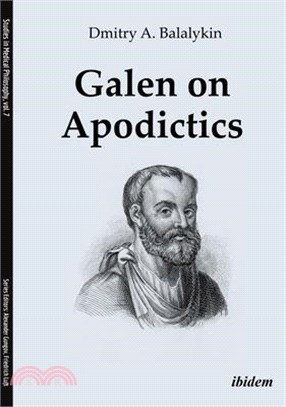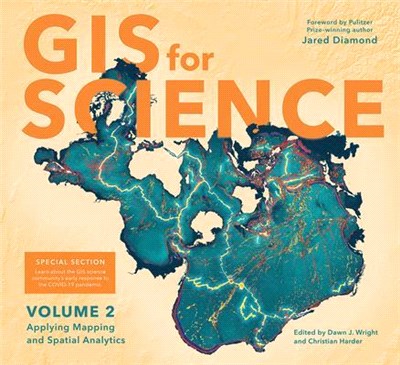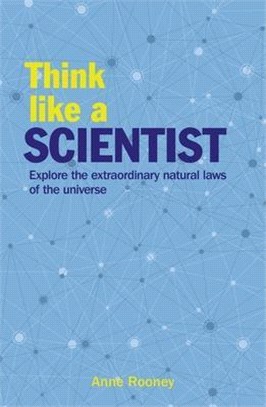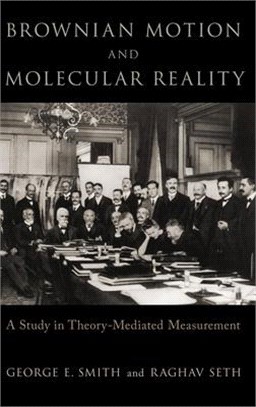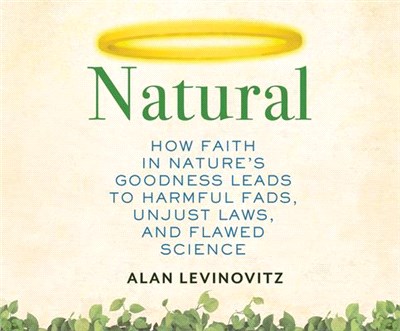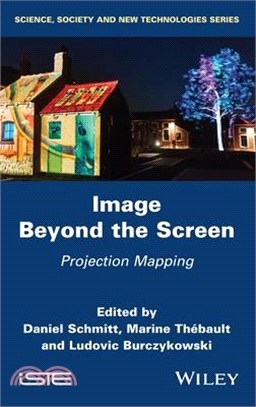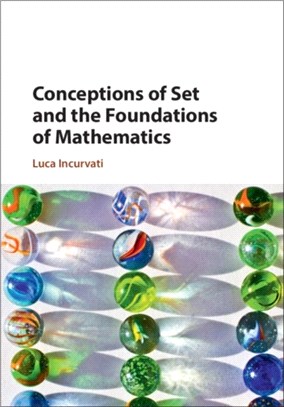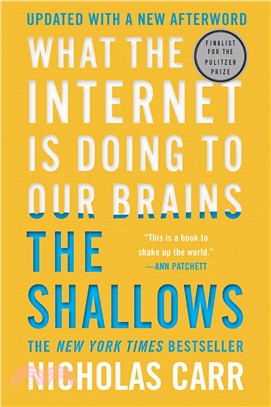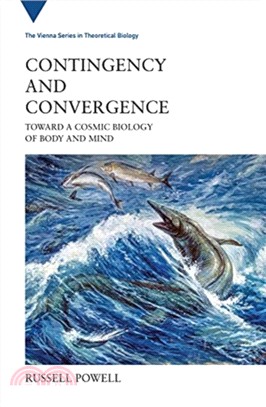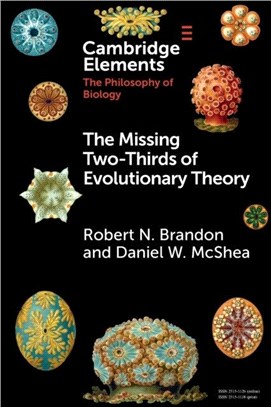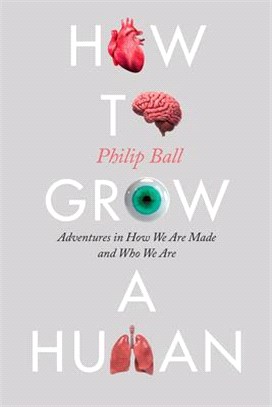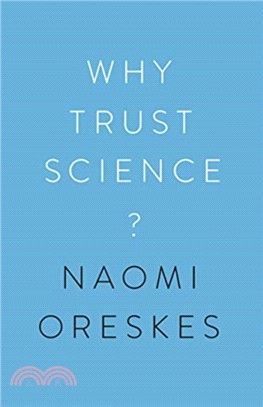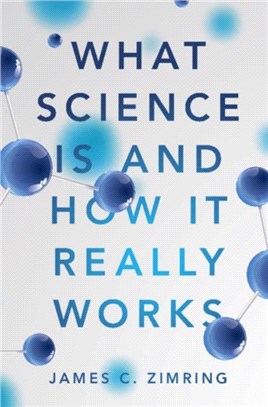共
1318 筆
第1 / 33 頁
優惠價:
79
509
無庫存
優惠價:
1
1680
無庫存
若需訂購本書,請電洽客服 02-25006600[分機130、131]。
若需訂購本書,請電洽客服 02-25006600[分機130、131]。
優惠價:
1
2700
無庫存
出版日:2020/10/06
作者:Dawn J. Wright (EDT);
Christian Harder (EDT);
Jared Diamond (FRW)
出版社:Esri Pr
裝訂:平裝
優惠價:
1
2160
無庫存
優惠價:
1
450
無庫存
若需訂購本書,請電洽客服 02-25006600[分機130、131]。
優惠價:
1
1330
無庫存
若需訂購本書,請電洽客服 02-25006600[分機130、131]。
若需訂購本書,請電洽客服 02-25006600[分機130、131]。
若需訂購本書,請電洽客服 02-25006600[分機130、131]。
優惠價:
79
539
無庫存
優惠價:
79
2844
無庫存
出版日:2020/02/19
作者:Liesbeth De Bakker (EDT);
Frans Van Dam (EDT);
Anne M. Dijkstra (EDT);
Eric Allen Jensen (EDT)
出版社:World Scientific Pub Co Inc
裝訂:精裝
優惠價:
1
3480
無庫存
優惠價:
1
1500
無庫存
若需訂購本書,請電洽客服 02-25006600[分機130、131]。
優惠價:
9
972
無庫存
優惠價:
1
2697
無庫存
優惠價:
1
1064
無庫存
優惠價:
9
972
無庫存
優惠價:
1
3000
無庫存
若需訂購本書,請電洽客服 02-25006600[分機130、131]。
若需訂購本書,請電洽客服 02-25006600[分機130、131]。
優惠價:
9
2307
無庫存
若需訂購本書,請電洽客服 02-25006600[分機130、131]。
優惠價:
9
923
無庫存
優惠價:
1
3828
無庫存
出版日:2019/10/22
作者:Matthew Schneider-mayerson (EDT);
Brent Ryan Bellamy (EDT)
出版社:Univ of Minnesota Pr
裝訂:精裝
若需訂購本書,請電洽客服 02-25006600[分機130、131]。
出版日:2019/10/22
作者:Matthew Schneider-mayerson (EDT);
Brent Ryan Bellamy (EDT)
出版社:Univ of Minnesota Pr
裝訂:平裝
優惠價:
1
1123
無庫存
優惠價:
1
2090
無庫存
優惠價:
1
1672
無庫存
優惠價:
1
644
無庫存
優惠價:
1
3900
無庫存
出版日:2019/10/01
作者:Naomi Oreskes;
Stephen Macedo ;
Ottmar Edenhofer ;
Jon Krosnick ;
Marc Lange
出版社:Princeton Univ Pr
裝訂:精裝
優惠價:
9
1347
無庫存
優惠價:
1
2027
無庫存
優惠價:
9
3131
無庫存
優惠價:
9
1241
無庫存







